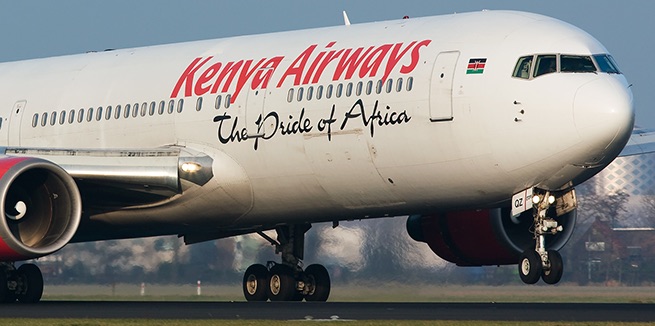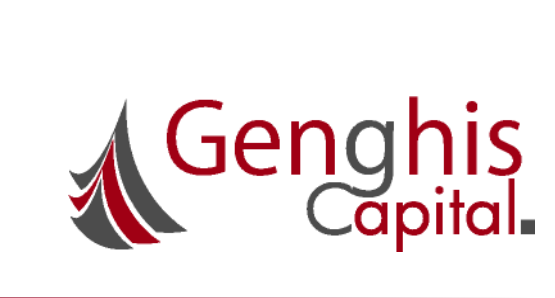Bloomberg’s Kamlesh Bhuckory reports that National carrier Kenya Airways (KQ ) has begun talks with lenders about renewing its hedging strategy to neutralize the impact of rising fuel prices.
“We have been using the hedging products in the past. The products expired roughly three months ago. What we want, now we are in post-restructuring, is to start talking hedging again.” Kenya Airways CEO Sebastian Mikosz was quoted by Bloomberg.
Oil prices on thursday hit the highest level above $70 per barrel, for the first time since December 2014. The rise is fueled by an agreement by OPEC & other major exporters including Russia, to implement output cuts of upto 1.8 Million barrels per day which are likely to continue throughout 2018 in an effort to tackle global oversupply that affected the market in the last three years.
As a result, a number of market analysts are projecting that oil prices will increase to more than $70 a barrel toward the end of this quarter. Like most airlines, KQ aims to take advantage of the current ‘low’ oil prices to lock in better prices throughout 2018 and beyond as it seeks to return to profitability. Most carriers have already began hedging some of their fuel purchases to protect against sudden price increases.
However, its not clear on what percentage of its fuel purchases that Kenya Airways seeks to hedge. Kenya Airways has in the past maintained the policy of hedging up to 80 per cent of its oil rations for one year and 50 percent for two years.
In 2016, KQ made a record loss of Sh 26.2 Billion and a significant chunk of this was because of a poor fuel hedging strategy. The airline was forced airlines to pay more for fuel than market prices, turning them into a hindrance rather than a help.
The airline came under heavy criticism and said it was considering evaluating its hedging structure.
It’s worth noting that the airline has in the past made massive profits from hedges. It did not make any losses related to oil hedges between 2012 and 2014. The management got it right, their hedges worked effectively. The hedges returned a cumulative gain on fuel derivatives of Sh4.07 billion, with Sh2.5 billion realised in 2012 alone.



